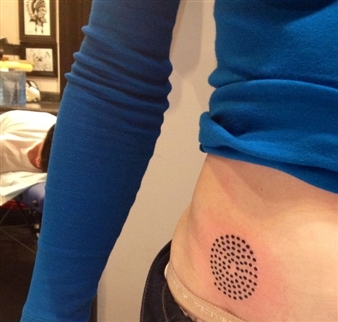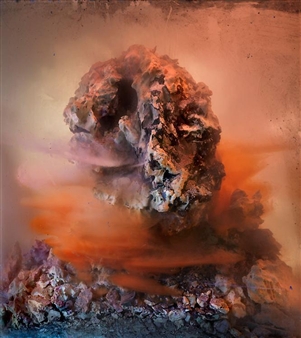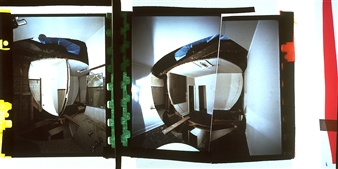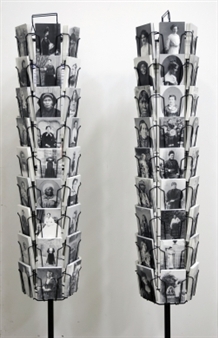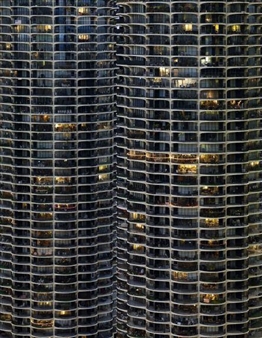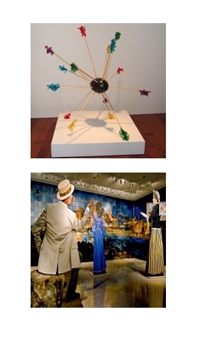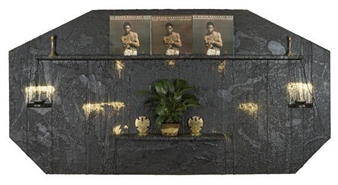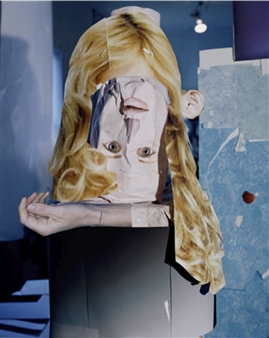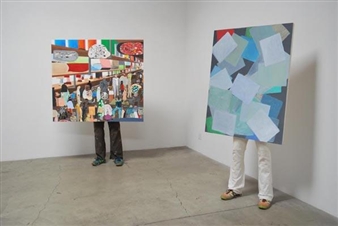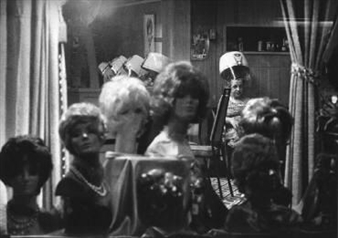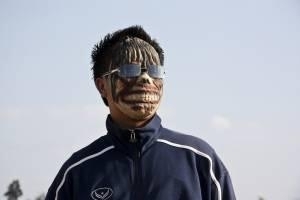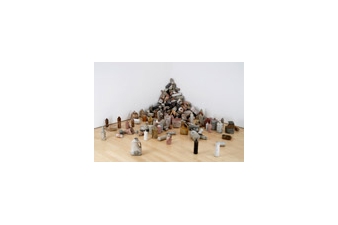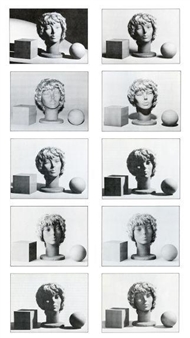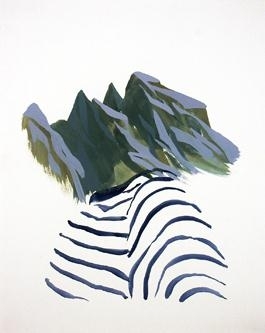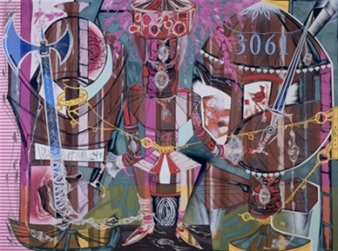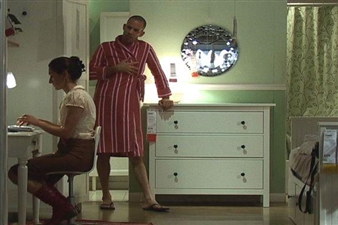Sound & Vision
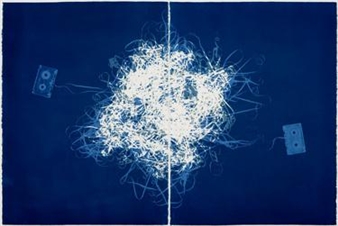
The Art Institute of Chicago, Illinois, Chicago, 06/12/2010 - 08/29/2010
111 South Michigan Avenue
Blue, blue, electric blue
That’s the color of my room
Where I will live . . .
I will sit right down
Waiting for the gift of Sound & Vision
—David Bowie, “Sound & Vision,” Low, 1977
Even before Bowie united them in song, sound and vision had been closely intertwined in the visual and audio art recordings of the early 1970s. This focused exhibition of a dozen works in various media explores the symbiotic relationship between art and music, presenting humorous yet rigorous investigations in which the two do not connect in any synesthetic sense but rather come together via acts of transposition—balls cast aloft are made to resemble notes in a musical score, honking drivers are photographed in mock (and silent) symphonic array, artists’ names are called out as if by imaginary birds.
At the center of the installation hangs the recently acquired Auto Series, a unique piece from 1971–73 by American artist Robert Watts. These 23 photographs capture drivers sounding their horns while nearing a bend in the road beside the artist’s New Jersey home. Another audio/auto piece is the eight-part Car Radios (Autoradios) by German artist Hans-Peter Feldmann, consisting of photographs taken between the 1970s and 1990s “only when good music was playing.” Louise Lawler’s Bird Calls, a sound piece from 1976, and John Baldessari’s 1973 Songs: Sky/Sea/Sand, from the Hirshhorn Museum, give a strong sense of the relations of sound to vision in
the 1970s.
More recent artists have also pursued the theme, in some cases making it a central aspect of their practice. Artist and experimental DJ Christian Marclay has visualized the musical in consistently funny and frustrating ways, most recently by creating cyanotype photograms using unspooled cassette tapes as photosensitive material. The videos of David Hammons, Hirsch Perlman, and Cory Arcangel pick up this direct correlation between art and music in their work with the moving image. These pieces all show humor, low-tech inventiveness, rigor masked with deceptive nonchalance—and a real, unconventional love of art and music.
